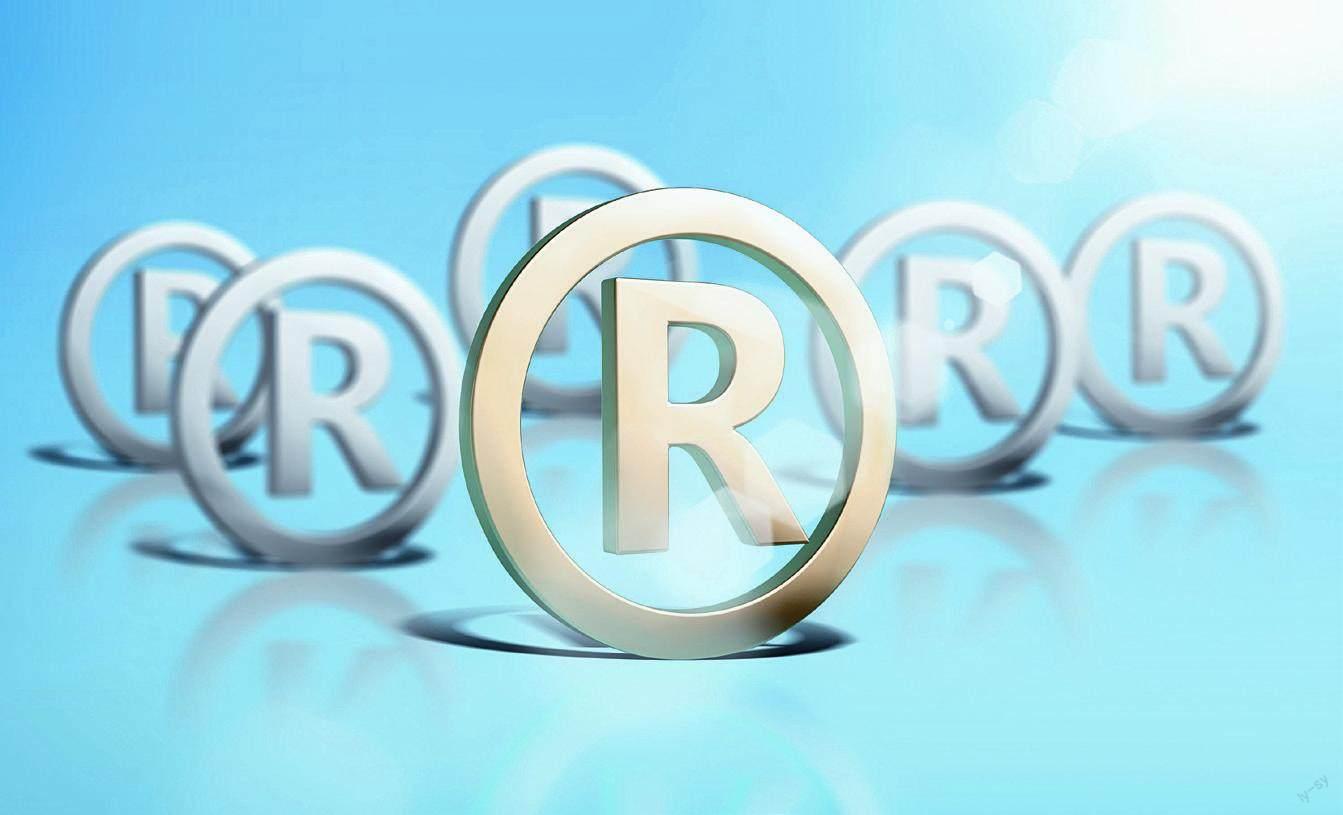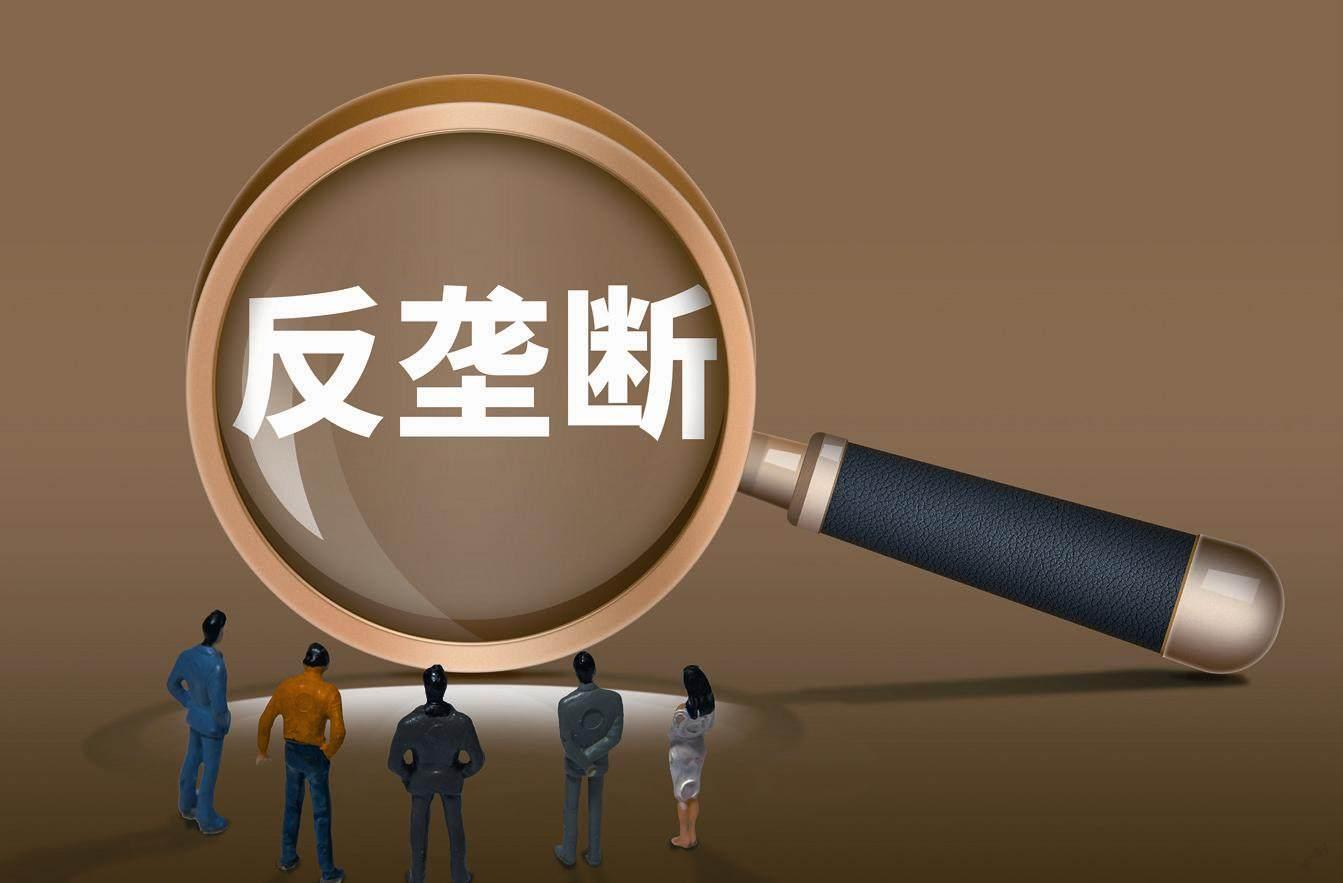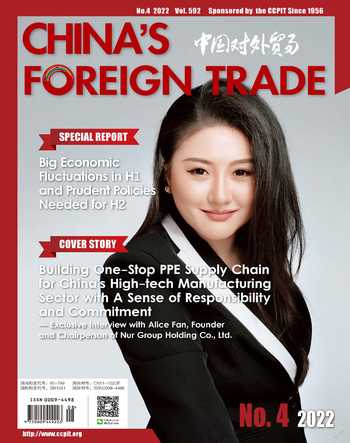Focus on Seven Aspects of the Amendments to the Anti-Monopoly Law
By Li peng Zhang Qiang and Ye Shu

On June 24, 2022, the revised Anti-monopoly Law of China was officially issued and took effect on Aug. 1, 2022. It has been 14 years since the first anti-monopoly law, which was issued in 2007 took effect on Aug. 1, 2008.
Compared with the original version of the anti-monopoly law issued 14 years ago, the new revised antimonopoly law contains changes in the following 7 key aspects:
The anti-monopoly law enforcement institution of the state council is identified as the enforcement department of the law
Since 2018, the anti-monopoly law enforcement agency has undergone several reforms. At the beginning, law enforcement was carried out by three departments of the State Council (including the former State Administration for Industry and Commerce, the Ministry of Commerce, and the National Development and Reform Commission). The power of law enforcement was then shifted to the Anti-monopoly Bureau of the State Administration of Market Supervision, which was later upgraded to the National Anti-monopoly Bureau. After this revision of the anti-monopoly law, the first paragraph of Article 13 of the law stipulates that the anti-monopoly law enforcement agency of the State Council is the law enforcement department.
Consolidate the fundamental position of the competition policy and improve the fair competition review system
The anti-monopoly law emphasizes“strengthening the fundamental position of the competition policy”, and stipulates that “the state establishes and improves the fair competition review system. The administrative organs and organizations authorized by laws and regulations to manage public affairs should conduct a fair competition review when formulating regulations involving the economic activities of market entities.”
As early as September 2021, the State Administration of Market Supervision and the other 4 departments co-issued the Rules for the Implementation of the Fair Competition Review System, in order to promote the implementation of fair competition reviews. The incorporation of the competition review system into the anti-monopoly law will provide upper-level law authority for legal practices.
Clarify the regulations for huband-spoke collusion
The first draft of the amendment adds the clause “the operators shall not organize for other operators to reach a monopoly agreement or provide substantive assistance for other operators to reach a monopoly agreement”, which provides a superior legal basis for the provisions on huband-spoke collusion in the Antimonopoly Guidance for Platform Economy Industries issued by the antimonopoly commission of the State Council on February 7, 2021.
The new anti-monopoly law incorporates the “hub-and-spoke”activities into the scope of anti-monopoly supervision and fills in the gap in the original anti-monopoly law. It clarifies that an operator should have neither a vertical nor a horizontal relationship with other operators, but if it organizes or substantively helps other operators to reach an monopoly agreement, it will be subject to regulation by the antimonopoly law.
Clarify the specific rules of application of related antimonopoly regulations in the realm of the platform economy
The first draft clarifies in the general principles that “the operators shall not abuse the advantages in data and algorithms, technology or platform rules to eliminate and restrict competition”; in addition, a special clause has been added to the chapter about abusing the dominant position in the market, which is, “an operator with a dominant market position who uses data, algorithms, technology and platform rules to set obstacles and impose unreasonable restrictions on other operators is deemed to be abusing their dominant market position as stipulated in the preceding paragraph”.
The second draft made further improvements to the application rules based on the competition methods and features of the platform economy. For example, in terms of the concentration of undertakings, a clause about the investigation and handling procedures for the concentration of undertakings that fail to meet reporting standards was added. For the concentration of undertakings that fail to meet the reporting standards but have evidence to prove that they have or may have the effect of eliminating or restricting the competition, the anti-monopoly law enforcement agency of the State Council has the right to require operators to declare same. If the operators decline, the anti-monopoly law enforcement agency should investigate the related operators according to the law.
The finally-released anti-monopoly law basically adopts the revised contents in the first and second drafts, and clarifies the anti-monopoly related regulations in the field of the platform economy. In particular, the investigation and handling procedures for the concentration of undertakings that fail to meet the reporting standards are also consistent with the special circumstances relating to the calculation of the declared turnover of the concentration of undertakings, as well as the disposal principles of the concentration cases in the field of the platform economy that fail to meet the reporting standards in Articles 18 and 19 of the Anti-monopoly Guidance for Platform Economy Industries.
The anti-monopoly law clarifies the related anti-monopoly regulations of the platform economy, which is also consistent with the current situation of anti-monopoly law enforcement in the field of the platform economy. According to the annual report on Chinas Anti-monopoly Law Enforcement (2021), in 2021, antimonopoly law enforcement agencies investigated and handled 3 cases of abuse of market dominance in the internet industry and 2 cases of abuse of administrative power to exclude and restrict competition; a total of 28 business concentration cases about the platform economy have been concluded, and the total transaction amount of the cases reached RMB 116.4 billion; administrative penalties were imposed for 98 cases of illegal concentration of undertakings that were not declared in accordance with the law in the field of the platform economy. The total amount of fines and confiscations in the above cases reached RMB 21.74 billion, which means that the total amount of antitrust fines in the internet industry accounts for more than 92%.
Improve the “safe harbor” rules in the monopoly agreement and clarify that the “safe harbor”applies to vertical monopoly agreements
The draft for comments in 2020 introduced the concept of the safe harbor mechanism, with the article 19 stipulating: “if an operator can prove that its market share in the relevant market is lower than the standard set by the anti-monopoly law enforcement agency of the State Council, the provisions of Articles 16, 17 and 18 of this Law shall not apply, unless there is evidence to prove that the agreement reached by the operator excludes or restricts competition”. The main reason for introducing the safe harbor rule is the conflict between the universal applicability of the anti-monopoly law and the complexity of the regulatory object. Legislators and law enforcers need to introduce this tool to create a balance.
In the second review draft, the “safe harbor” clause was added into the terms on vertical monopoly agreements, which clearly stipulates that the monopoly agreement between the operator and the trading counterpart is applicable. However, this does not apply to horizontal monopoly agreements between competitors.
The final revision of the antimonopoly law retains the “safe harbor”mechanism in vertical monopoly agreements, which will help reduce the cost and improve the efficiency of law enforcement and use limited resources to solve more complex cases; this is also conducive to protecting the flexibility of small and micro enterprises and startups.
Optimize the declaration system for the concentration of undertakings and introduce a“stop-the-clock” mechanism
The anti-monopoly law introduces a “stop-the-clock” mechanism, and clarifies three conditions for suspending the calculation of a review period for the concentration of undertakings, including: “the review cannot be carried out if the operators fail to submit documents and materials as required; if new circumstances and facts with a potentially major impact on the review of the concentration of undertakings emerge and need to be verified; if it is necessary to make additional evaluations on the restrictive conditions, the operators propose such additional evaluations. The“stop-the-clock” mechanism which is implemented under special circumstances will be more conducive to the review work of law enforcement agencies and will increase the flexibility of the time limit for the review of the concentration of undertakings. This is also a response to some unnecessary operating procedures(such as the withdrawal of the declaration and substantive review before filing) caused by the expiration of the statutory review period in the past practice of the review of concentration of undertakings. However, the specific operation of the stop-the-clock” system still needs more clear implementation guidance from antimonopoly law enforcement agencies, so as to prevent the abuse of the “stopthe-clock” mechanism and excessive extension of the review time limit.
The revision of the new antimonopoly law has significantly increased the punishment for monopoly violations to cope with the current situation of monopoly law enforcement:
First, the upper limit on fines for illegal concentration of undertakings becomes closer to that for other illegal monopolistic acts. For concentrations that do not have the effect of excluding or restricting competition, the upper limit of fines is adjusted from RMB 500,000 to RMB 5 million; for the illegal concentration of undertakings that have or may have the effect of excluding and restricting competition, the upper limit of fines will be adjusted to 10% of the sales of the previous year, which is consistent with the range of fines for “reaching and implementing monopoly agreements” and “abusing market dominance”.
Second, the penalties for the failure to implement the monopoly agreement increase. For operators who have reached but failed to implement the monopoly agreement, the maximum fine of RMB 500,000 will be raised to RMB 3 million; the upper limit of fines for industry associations was also raised from RMB 500,000 to RMB 3 million; in addition, a maximum fine of RMB 5 million was also added for operators who reached and implemented monopoly agreements but had no sales in the previous year.
The third is to consider raising the punishment for illegal circumstances. The anti-monopoly law gives further stipulations to distinguish the illegal circumstances: “in the case of the violation of this law, when the circumstances, impact and the consequences are particularly serious, the anti-monopoly law enforcement agency of the State Council may double or increase, by up to five-fold, the amount of fines specified in articles 56, 57, 58 and 62 of this law”, which will effectively alarm operators and maintain the order of market competition.
The fourth is to establish an accountability system for the responsible personnel of relevant operators. The legal liability of the original anti-monopoly law is mainly against the operators themselves (except when refusing to cooperate with the anti-monopoly law enforcement agency for investigation). Article 56 of the new anti-monopoly law adds punishment provisions for the responsible personnel of the operator who reached the monopoly agreement, that is, if the legal representative, the person mainly responsible and the person directly responsible of the operator are personally responsible for reaching the monopoly agreement, they are subject to fines of up to RMB 1 million.
The fifth is to include the administrative punishment against operators for violating the anti- monopoly law to their credit record. The new “anti-monopoly law”stipulates that if an operator is subject to administrative punishment for violating the law, details of the infringement should be included in their credit record in accordance with the relevant regulations. Credit punishments will be given for serious illegal acts or dishonest behaviors and publicized to the public.
The sixth is to establish a civil public interest litigation system. In addition to the civil liability stipulated in Article 50 of the original “antimonopoly law”, the new “anti-monopoly law”further stipulates that if an operator commits a monopolizing behavior and damages social and public interests, the Peoples Procuratorate above the municipal level has the right to file a civil public interest lawsuit with the Peoples Court in accordance with the law.
The anti-monopoly law will take effect after the first revision comes into place from August 1, 2022. As this revision fully reflects the spirit of keeping pace with the times, we believe that the new anti-monopoly law will play a more important role in protecting fair market competition, improving the efficiency of economic operations, and stimulating the vitality of market competition.
(Authors: Li Peng, partner at Grandall(Shanghai) Law Firm; Zhang Qiang, partner at Grandall (Shanghai) Law Firm; Ye Shu, lawyer at Grandall(Shanghai) Law Firm)
- China’s foreign Trade的其它文章
- Zero Tolerance for Bad Faith Trademarks By Chinese Authorities
- Off-shore Duty-free Consumption in Hainan Surges
- New Infrastructure Construction Promotes the Stable Growth of the Chinese Economy
- China’s Automobile Exports Catch Up from Behind
- The Logistics Industry Turns Positive
- Export of Cases and Bags Increases Robustly

